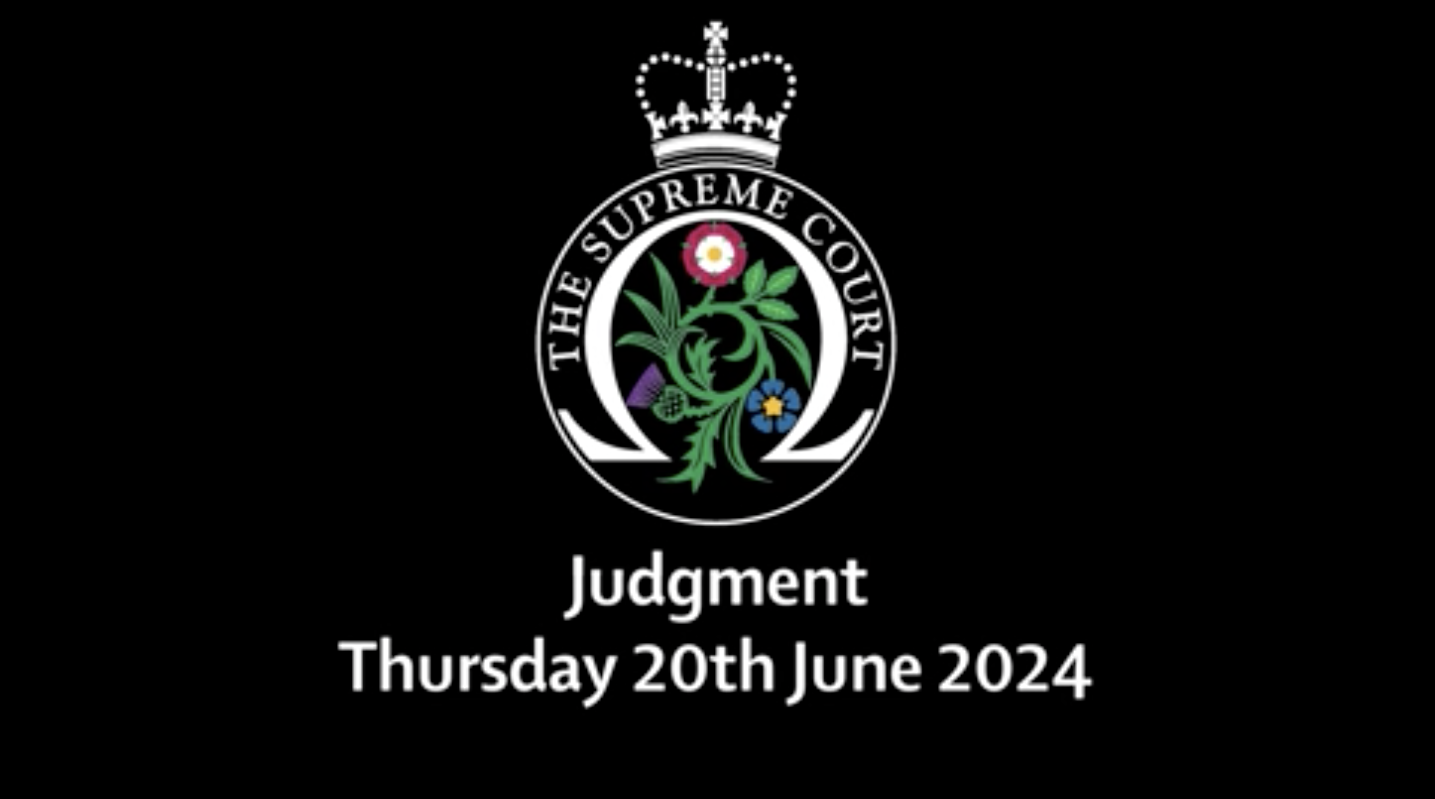The UK’s Supreme Court ruled that authorities must consider downstream greenhouse gas emissions when weighing planning approval, in a case fighting the construction of a new oil well in Surrey.
ClientEarth lawyers say that the judgment “changes the game” for Scope 3 emissions – those that are created by use of a company’s products.
Currently, these ‘downstream’ emissions are not required to be considered in planning decisions across the UK.
But the judge who drafted the majority opinion, Lord Leggatt, said that it was clear that oil from the wells would be burned, making the resulting greenhouse emissions “straightforwardly results of the project” – and that they should be considered in planning approvals.
ClientEarth lawyer Sophie Marjanac said, “This ruling adopts a sensible approach to the law governing environmental impact assessment, and aligns the UK with international law and practice. This clear decision from the UK Supreme Court changes the game for planning decisions: it irons out expectations, making it clear that companies and authorities have to account for downstream emissions – those that don’t come directly out of on-site operations, but are a guaranteed result of oil extraction.”
Earlier this year, an international legal tribunal, ITLOS, confirmed in an Advisory Opinion that states everywhere should be considering cumulative and indirect impacts in Environmental Impact Assessment decisions for new industrial and construction projects – and applying a “stringent” standard to their decisions.
Today’s decision follows a similar decision of the Norwegian Courts in January, and is in line with EU law.
Marjanac said, “We are finally reaching a tipping point where countries and companies are going to have to comprehensively account for the impact of every fossil fuel project on the climate – and use that information to start to prevent it.
“This news has implications for ongoing UK challenges – including the proposed Cumbria coalmine, Rosebank oil and gas exploration, North Sea oil and gas licensing and others. Meanwhile, we are making similar arguments in other cases in the EU.
“The UK is notoriously not on track to meet its climate targets, and campaigners at all levels are hard at work to fight for a future that we can all live in. This judgment is a legal triumph and we congratulate everybody who worked towards it.”




